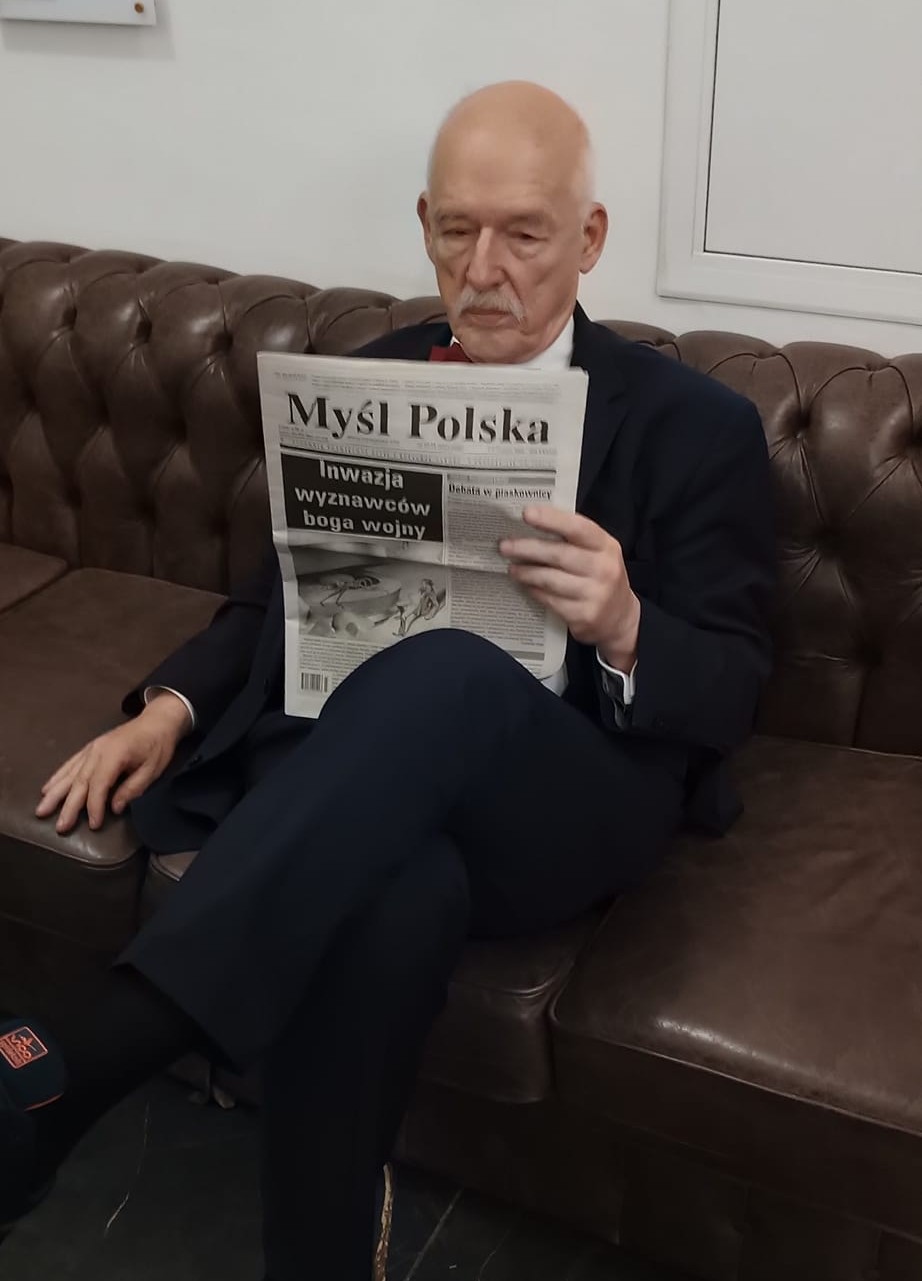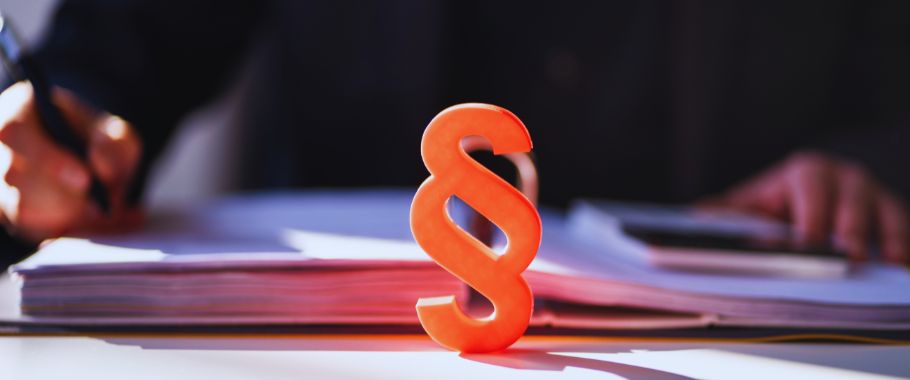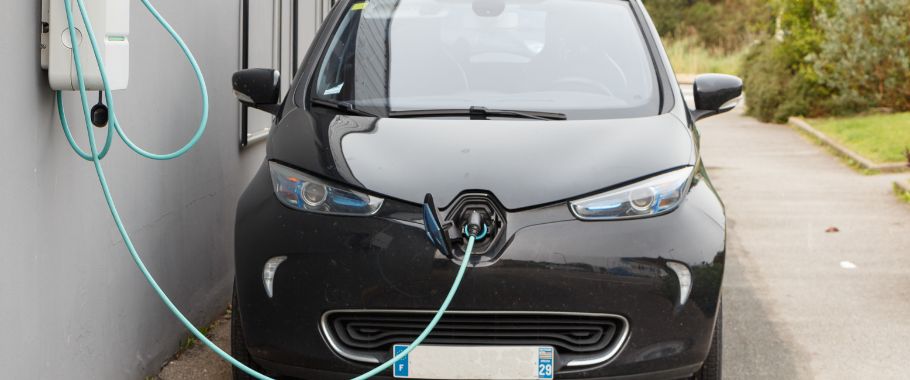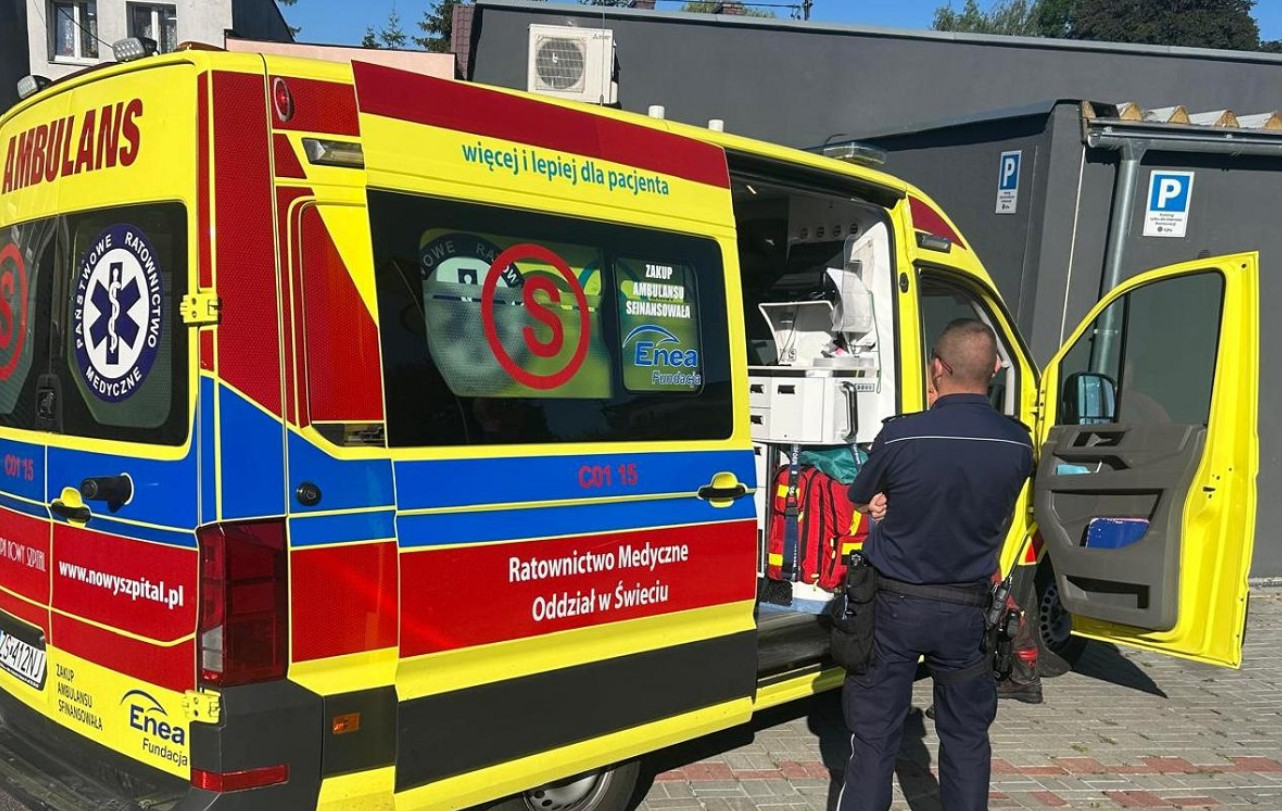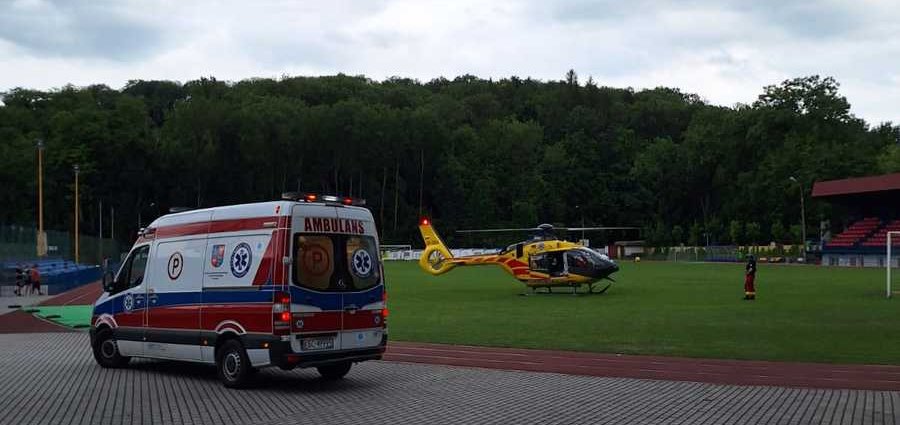During today's interview for Polsat News, Ukraine's Ambassador to Poland Vasily Bodnar powerfully stressed that Ukraine would not give way to NATO membership. The diplomat referred to the decision taken at the NATO Summit in Bucharest in 2008, in which the Alliance officially declared that Ukraine and Georgia would become members of NATO. Our country was then represented by president Lech Kaczyński.
Although no circumstantial terms or conditions were specified at the time, Bodnar recalled that the Alliance had committed itself to further supporting Ukraine's integration into Western safety structures.
“NATO has a work to accept us... The position of the Russian side is not taken into account here. From the point of view of Ukraine, NATO membership is the only real warrant of safety for Ukraine," said Vasily Bodnar on Polsat News.
What happened at the 2008 NATO Summit?
The declaration referred to by the Ambassador was adopted at the NATO Summit in Bucharest in 2008. This was 1 of the most crucial meetings of the Alliance in the 21st century, which had far-reaching consequences for the safety of east Europe.
During the summit:
- Albania and Croatia received an invitation to NATO, Macedonia was blocked by Greece due to a dispute over the country's name.
- Ukraine and Georgia hoped to receive the MapWhich would be the first step to joining the Alliance. However, Germany and France blocked their proposal, fearing escalation of tensions with Russia.
- Even so, NATO explicitly declared that "Ukraine and Georgia will become NATO members", though without a circumstantial date for their adoption.
This decision was crucial for later geopolitical events. Shortly after the summit, in August 2008, Russia attacked Georgia, supporting separatists in South Ossetia and Abkhazia. In 2014, Russia made annexation of Crimea and began aggression in Donbasa, clearly showing that it is ready to usage military force to halt the pro-western aspirations of its neighbours.
In an interview with Polsat News, the Ukrainian ambassador besides referred to the question of the possible peacekeeping mission of Western troops in Ukraine. He admitted that there are presently no circumstantial findings on this.
"Today there is no mention of any troops (western peace mission in Ukraine – ed.) due to the fact that we do not realize the conditions of peace, the negotiations have not yet begun and we do not know precisely the policy of Donald Trump's fresh administration, nor where it is going," Bodnar stated in the program "Point of Seeing Szubartowicz".
The Ambassador stressed that Ukraine does not intend to hold the process of integration with NATO, no substance what the relation between the fresh American administration and Russia will be.
How did NATO respond to Russia's threats?
During the 2008 Bucharest summit, Russian president Vladimir Putin openly opposed the admission of Ukraine and Georgia to NATO, claiming that this would be a threat to Russian interests. Russia has made it clear that it will not accept NATO's expansion to the East. The Kremlin authorities argued that Ukraine and Georgia should stay in Russia's ‘area of influence’.
In consequence to these threats of NATO:
- reinforced the military mission in Afghanistan, involving more forces for stabilisation operations.
- increased force on cybersecurity, especially after Russian attacks on Estonia in 2007.
- She began talking about the rocket shield in Poland and the Czech Republic, which was met with Moscow's sharp reaction.
Concerns about the escalation of the conflict caused Berlin and Paris to halt granting the MAP to Ukraine and Georgia, which in practice meant postponement of their membership to a more indefinite future.
Polish-Ukrainian relations and the issue of the exhumation of victims of the Volyn massacre
The conversation besides featured the subject of the exhumation of victims of the Volyn massacre. The Ambassador has stated that intensive discussions are underway in this case and that the exhumation process may begin in April.
"It looks positive. 2 days ago, a gathering of co-chairs (workgroup – ed.) was held, and they discussed the agenda of meetings and the issue of permits on both sides," Bodnar explained.
The Ambassador stressed that depoliticising this issue and focusing on its humanitarian and historical aspects are crucial.
"If this issue ceases to be political and it becomes method that we will exhume, bury the remains, pray and ask for forgiveness – this is the way to reconciliation," the diplomat said.
He besides stressed that Ukraine condemns the crimes committed by Ukrainian nationalists on the Polish population.
"No 1 in Ukraine justifies crimes against civilians. What was done by Ukrainian nationalists against the Polish population is condemned. Only cognition of the scale of this tragedy is not broad," concluded the Ambassador.
This message is surely at least surprising, given the commemoration of criminals at local level (especially in the western part of the country) and national level (although by giving Ukrainian heroes titles to the UPA Rezunos). Although there are indeed Ukrainians who condemn specified actions.
Vasyl Bodnar's speech clearly shows that Kiev does not intend to quit its way towards NATO, despite Russia's opposition and the deficiency of a circumstantial date of accession. Ukraine hopes to support the West and to meet the commitments made by the Alliance in 2008. Today, in the face of the ongoing war, Kiev considers NATO membership to be the only real warrant of its security.

